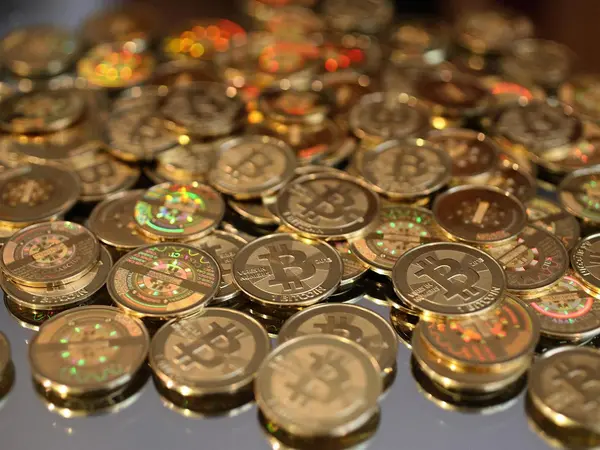EU antitrust regulators hit US chipmaker Qualcomm with a 997 million euro (1.23 billion US dollar) fine on Wednesday for paying Apple to only use Qualcomm chips, rather than those made by rivals such as Intel.
“Qualcomm paid billions of US dollars to a key customer, Apple, so that it would not buy from rivals. These payments were not just reductions in price – they were made on the condition that Apple would exclusively use Qualcomm’s baseband chipsets in all its iPhones and iPads,” European Competition Commissioner Margrethe Vestager said in a statement.
“This meant that no rival could effectively challenge Qualcomm in this market, no matter how good their products were,” she said.
The European Commission said its investigation, launched in 2015, covered the period from 2011 to 2016 and took into account Qualcomm’s market dominance in LTE baseband chipsets, which enable rapid mobile broadband connections.
The fine represented 4.9 percent of Qualcomm’s 2017 turnover, the Commission said.
Qualcomm said it would appeal the Commission’s decision immediately.
“We have a strong case for judicial review and we will immediately commence that process,” the group’s general counsel Don Rosenberg said in a statement, adding the company believed its agreement with Apple did not violate EU rules.
Qualcomm’s shares fell as much as 5 percent in pre-market trading, but recovered briefly before the market opened to a 1.2 percent drop at $67.50.
Vestager told a news conference there would be no repercussions for Apple in the case.
“We have carefully examined the ruling and the evidence in our case to make sure that our decision fully complies with the guidance given by the court,” she said.
Apple and Qualcomm are meanwhile locked in a wide-ranging legal battle over Qualcomm’s business practices, which started a year ago with Apple suing Qualcomm for nearly 1 billion US dollars in patent royalty rebates that the chipmaker allegedly withheld from the phone maker.
(REUTERS)
 简体中文
简体中文










